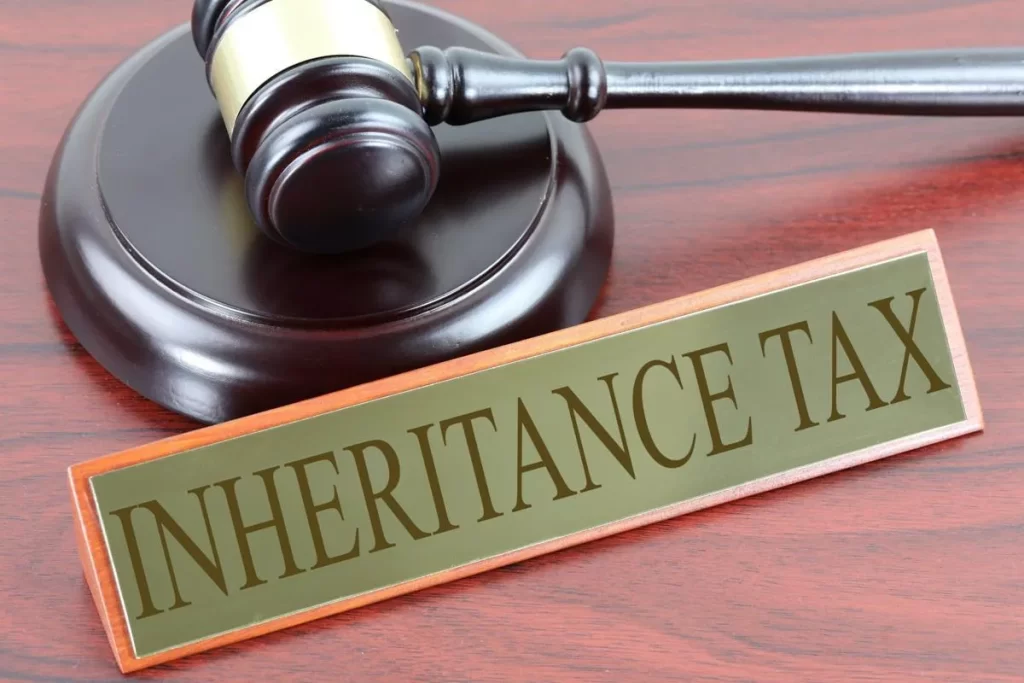In the absence of a will, the state of New York steps in to determine who inherits the assets of the deceased individual. This process, known as intestate succession, can often lead to complex legal situations and familial disputes. Understanding the laws surrounding inheritance without a will in New York is crucial for anyone who wants to ensure their assets are distributed according to their wishes. Let’s delve into the intricacies of this often misunderstood area of law.
Understand New York intestacy laws
When someone passes away without a will in New York, their assets will be distributed according to the state’s intestacy laws. In such cases, the estate will be divided among family members based on their relationship to the deceased individual. It’s important to understand these laws to ensure that the estate is distributed fairly and in accordance with the legal requirements.
Under New York intestacy laws, if there is no will, the deceased person’s assets will typically be distributed in the following order:
- Spouse
- Children
- Parents
- Siblings
- Grandparents
It’s crucial to consult with a legal professional to navigate these laws and ensure that the deceased individual’s assets are distributed correctly.

Hierarchy of inheritance in the absence of a will
In the absence of a will in New York, the state’s intestacy laws will determine how an individual’s assets are distributed. The hierarchy of inheritance is as follows:
- Spouse: If there is a surviving spouse but no children, the spouse will inherit everything. If there are children, the spouse will inherit the first $50,000 plus half of the remaining estate.
- Children: If there are no surviving spouses, children are next in line to inherit. Children will inherit everything equally if there is no surviving spouse.
- Grandchildren: If a child has predeceased the individual, their children (grandchildren) will inherit the share that would have gone to their deceased parent.
It is important to note that if there are no surviving family members as mentioned above, the estate will escheat to the state of New York. It is always recommended to have a will in place to ensure that your assets are distributed according to your wishes and to avoid any complications that may arise due to intestacy laws.

Potential challenges and complications for heirs
When someone passes away without a will in New York, it can lead to potential challenges and complications for their heirs. One of the main issues that can arise is the uncertainty of who will inherit the deceased person’s assets. Without a will to outline their wishes, the distribution of the estate will be determined by the laws of intestacy in New York.
These laws dictate that the deceased person’s assets will typically be passed down to their closest living relatives, such as their spouse, children, parents, or siblings. However, determining the exact distribution can become complex if there are multiple potential heirs or if the familial relationships are unclear. In such cases, the process of identifying and verifying the rightful heirs can be lengthy and may require legal intervention. This can result in delays in the distribution of the estate and potential disputes among family members.

Seek legal guidance and create a will to ensure desired inheritance distribution
If someone passes away without a will in New York, the state’s laws of intestate succession will dictate how their assets are distributed. Typically, inheritance will go to the deceased person’s closest living relatives. This could include spouses, children, parents, siblings, nieces, and nephews. Without a will in place, there is no way to ensure that your assets are distributed according to your wishes.
Seeking legal guidance to create a will is crucial to ensure that your desired inheritance distribution is carried out. By working with a skilled estate planning attorney, you can outline who you want to inherit your assets and in what proportions. This not only provides peace of mind but also helps prevent potential family disputes and ensures that your belongings end up in the hands of those you care about most. Take the necessary steps today to safeguard your legacy for the future.
The Conclusion
In conclusion, knowing who inherits when there is no will in New York can provide clarity and peace of mind for both individuals and their loved ones. While intestacy laws may dictate the distribution of assets, it is always advisable to create a will to ensure that your wishes are carried out according to your desires. By seeking legal guidance and taking the necessary steps to establish a clear estate plan, you can help alleviate potential confusion and disputes among heirs. Ultimately, understanding the rules of inheritance in the absence of a will can help you make informed decisions to protect your legacy and provide for your loved ones in the future.











